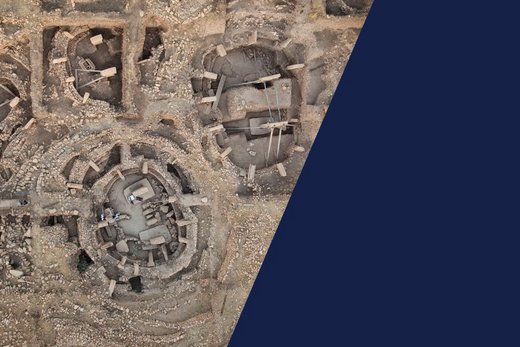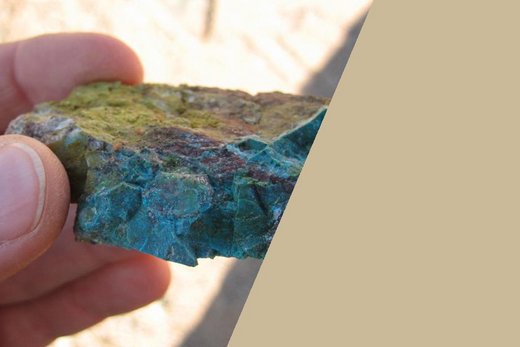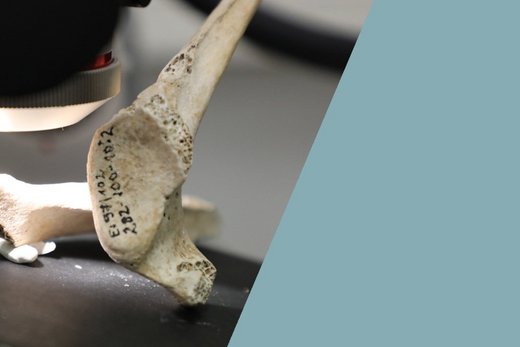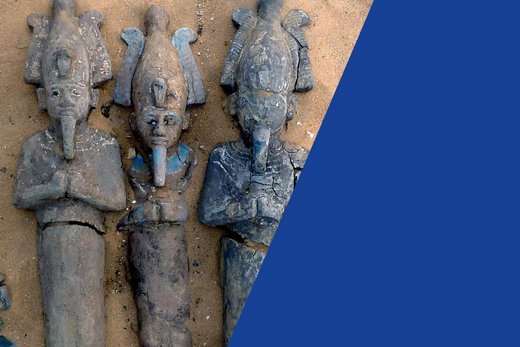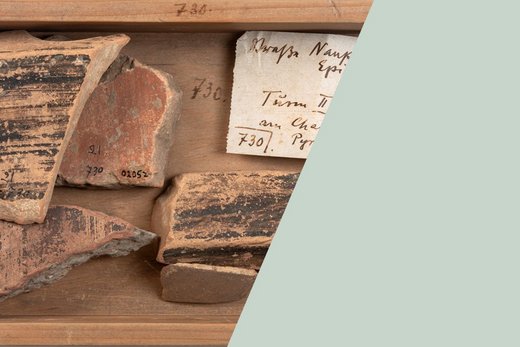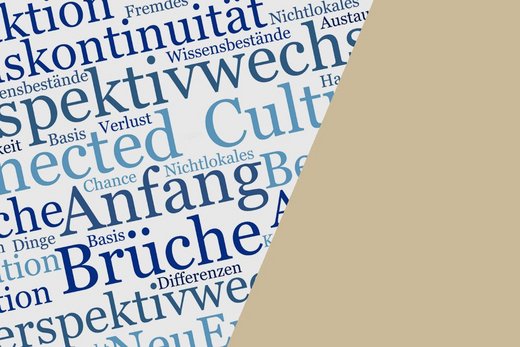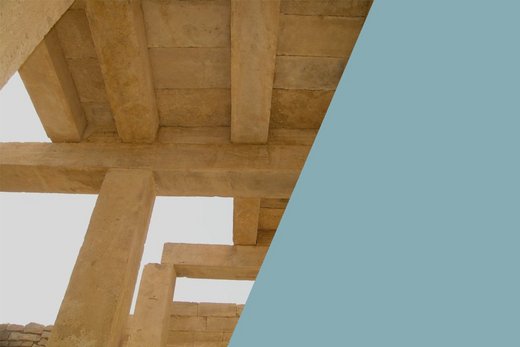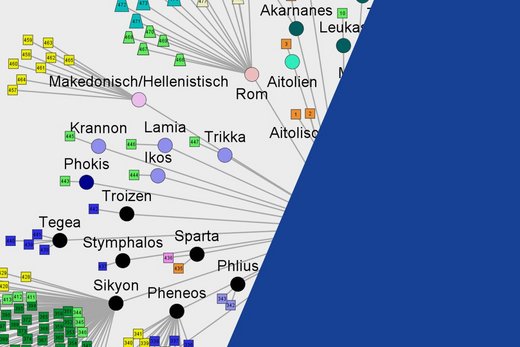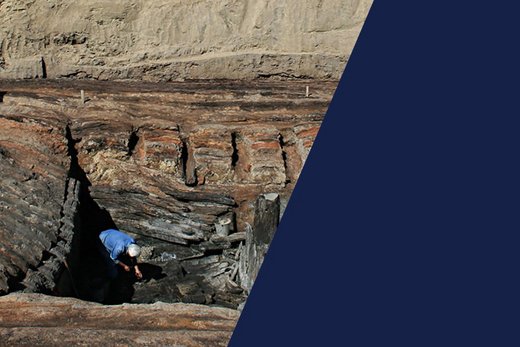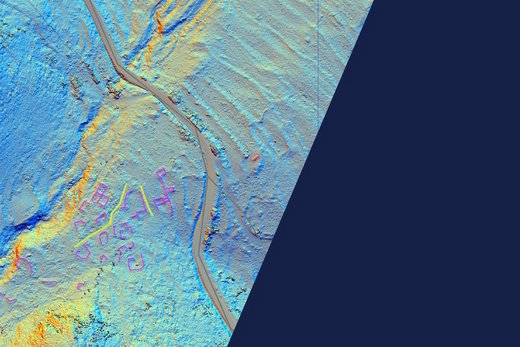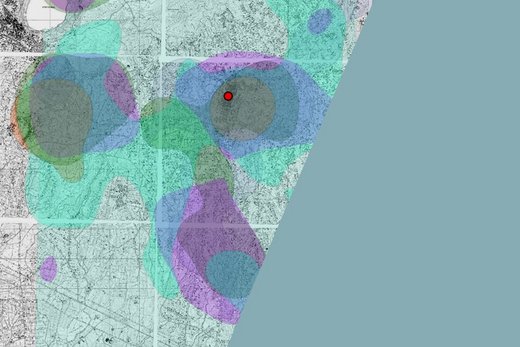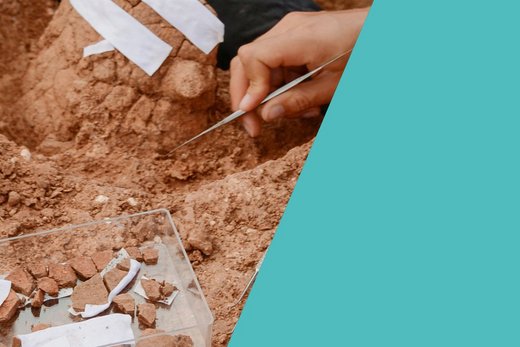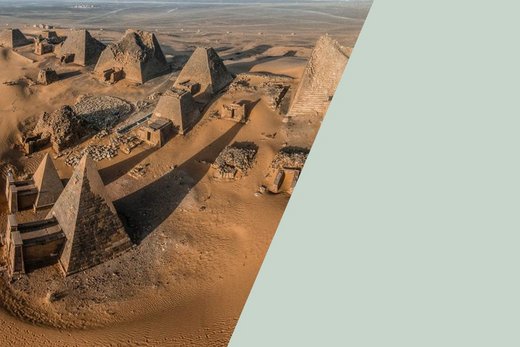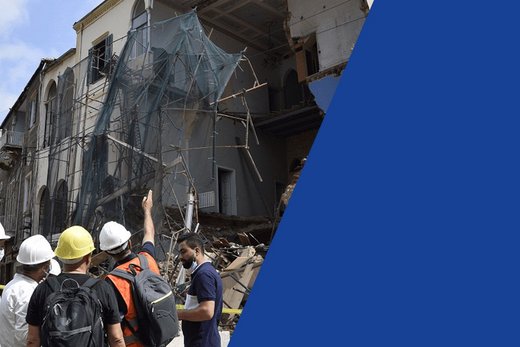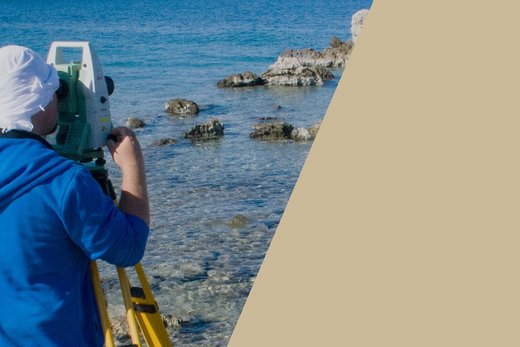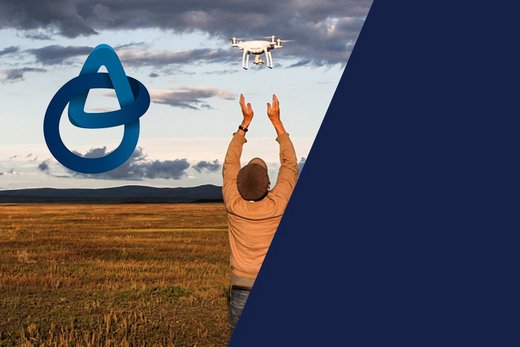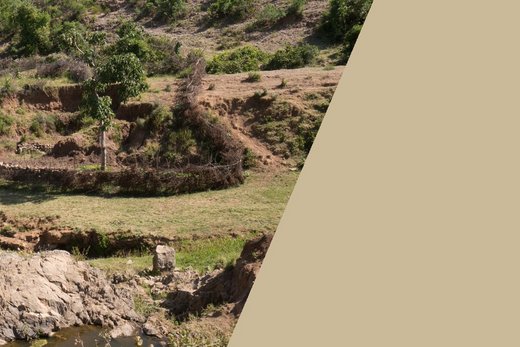Global Research
Our work takes place at significant sites of early societies in micro- and macro-regions. Many of these sites and landscapes are inscribed on the World Heritage List for their outstanding universal value: Olympia, Göbekli Tepe, Karakorum, Uruk and many more. These outstanding places require long-term commitment. At the same time, however, they are also platforms on which we can pursue key scientific questions in a variety of collaborative medium- and short-term projects. The basis for this is our long-standing cooperation with host and partner countries, which invite us to do joint research and give their approval to our projects.
Interdisciplinary and inter-institutional cooperation on an equal footing is our guiding principle. A central role is played by the joint support of students and researchers in the early stages of their careers.
The study of large landscapes and complex urban structures has changed rapidly in recent years due to new methodological and technical developments. New methods of remote sensing and geophysics, together with new approaches to analysis using geo-information systems and simulations, are opening up a new understanding of the use and change of entire landscapes. They allow us to understand dynamics and resilience, for example in complex ecological, economic and social systems. Forums have been set up at the DAI to bring together and promote these discussions. These intensify the exchange on new technologies and make them known. The networking of places, spaces and societies is discussed in regional networks.
Networked research - our research clusters
A new programme for collaborative research and discussion of groundbreaking topics has been launched by the German Archaeological Institute in 2021. In research clusters, regional networks, discussion forums and the "PhDAI" network for young researchers, current topics are being taken up and researched by the DAI in a networked manner and with the involvement of the global archaeological community. In doing this, we are continuing the process of clustered research that was successfully launched in 2006 and evaluated and refocused in 2012. The quality of the questions and formats, the further development of which has been strongly recommended to the DAI by the German Science Council, is ensured by regular evaluations and critical support from the Central Directorate.
Cooperation with universities, research institutions and museums in Germany and Europe is of paramount importance alongside cooperation in host and partner countries. We are a reliable and important partner for such collaboration.
